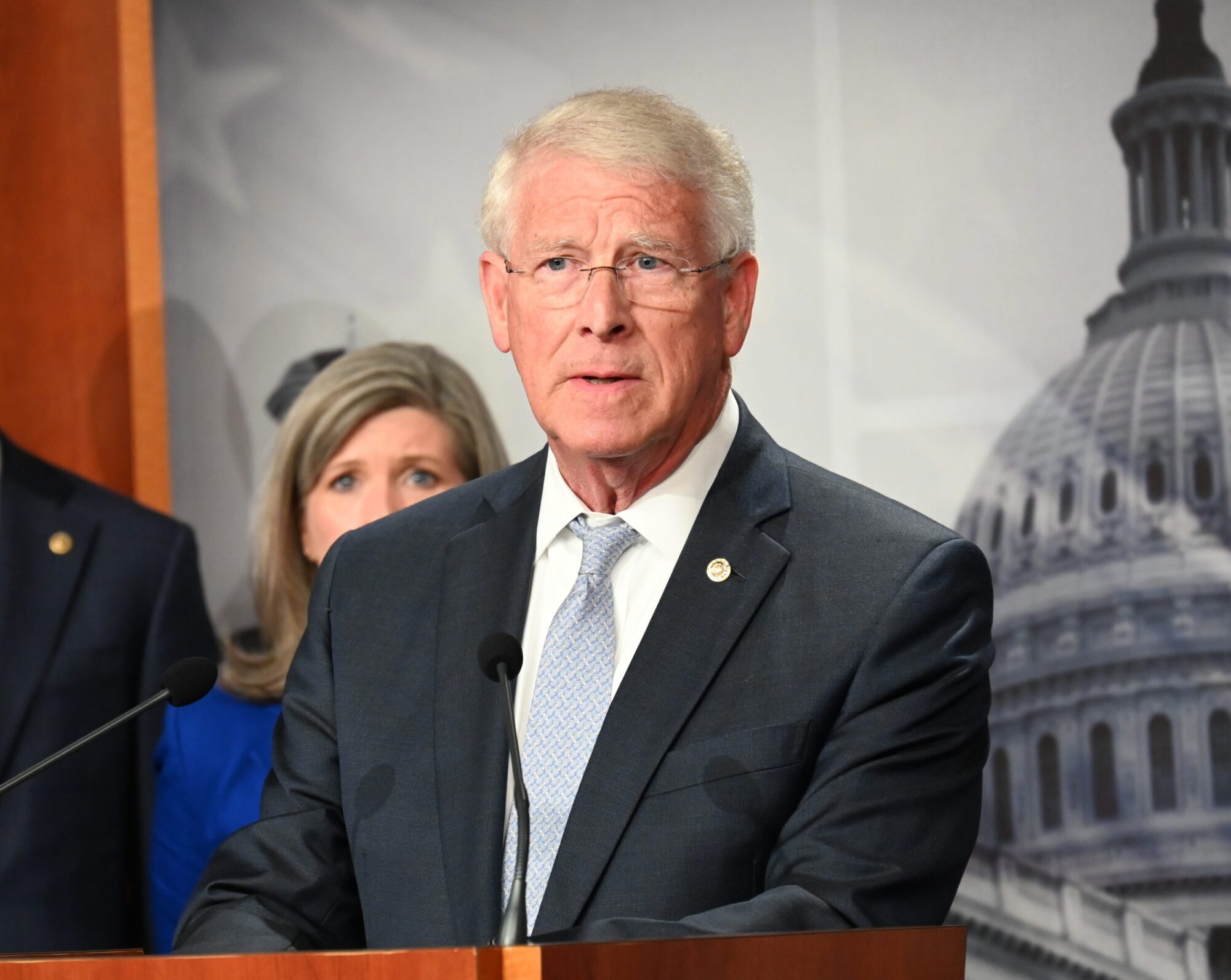
Treasurer David McRae
By: Treasurer David McRae
The latest inflation news rightfully has everyone concerned. The Consumer Price Index for June, for instance, showed inflation has worsened more than expected. Prices have risen 9.1 percent over the past year and 1.3 percent over just the last month – the highest since November 1981.
The impact of this record-high inflation is real. In fact, the average working family has about $6,800 less when it comes to annual buying power this year than they did last. That is significant.
In Mississippi, we are doing our part to try to help our citizens manage these challenging times. Most notably, your State Treasury has returned over $50 million in unclaimed money to its rightful owners – and more is left to distribute. In fact, one in 10 people has unclaimed money they may not be aware of. These funds could be from an unknown inheritance, a long-forgotten checking account, an abandoned utility deposit, and many, many other sources. Help fill the inflation gap. Check to see if you have unclaimed money at Treasury.MS.gov.
Additionally, we have leveraged the state’s strong credit ratings and renegotiated Mississippi’s debt. The result has been over $36 million in interest cost savings, while improved investment returns have netted state taxpayers another $100 million. What’s more, we locked in fixed rates when they were still low to protect taxpayers from inflationary hikes. At the same time, our state leaders have passed historic tax cuts to ensure hard-working Mississippi families get to keep more of their money.
This is a radically different approach than what is being done on the federal level. Rather than scaling back the government’s impact and helping families out with a few meaningful tax breaks, Washington is spending at unprecedented levels and plunging America deeper into debt. To fight inflation, we must slow federal spending, not increase it.
Congress has always had committees dedicated to taxing and spending, but I think it’s time Washington create a committee dedicated to finding savings. There are dozens of inefficient, duplicative, and under-performing federal programs that should be reformed, combined, or eliminated altogether to save taxpayers hundreds of billions of dollars. It’s time Congress takes real responsibility.
Beyond spending, we must address the energy crisis. Fuel costs are the leading driver of higher prices, as increased shipping expenses are passed directly on to you, the consumer. The federal government should restore American energy independence by approving more drilling and building more pipelines and refineries. In Texas alone, we have more than 200 years’ worth of oil. Why are we begging foreign countries like Saudi Arabia and Venezuela to produce more when we can fill our needs with American energy (and American jobs)?
Finally, we must bring manufacturing back home. One bill that may help is the CHIPS Act, which will help build computer chip manufacturing plants in the U.S. I’m hopeful it will pass Congress soon. We should have never allowed so much of our manufacturing capabilities to be outsourced to other countries. Our current economic situation and the pandemic has made clear: It’s time to start clawing back and reestablishing American manufacturing dominance.
In Mississippi, we must continue to do all we can to mitigate the damage done by Washington’s harmful, inflation-inducing policies. But when inflation is at nearly 10 percent and food and energy costs are up nearly 30 percent, there is only so much states can absorb. Washington must take steps to rein in federal spending, restore American energy independence, and bring jobs home.











